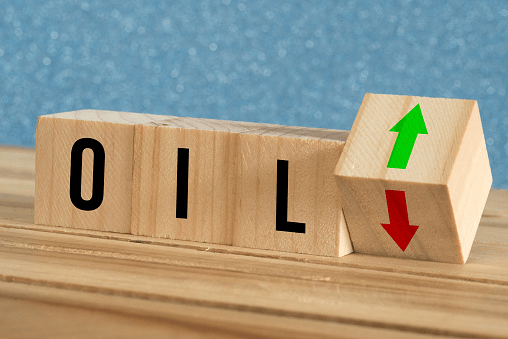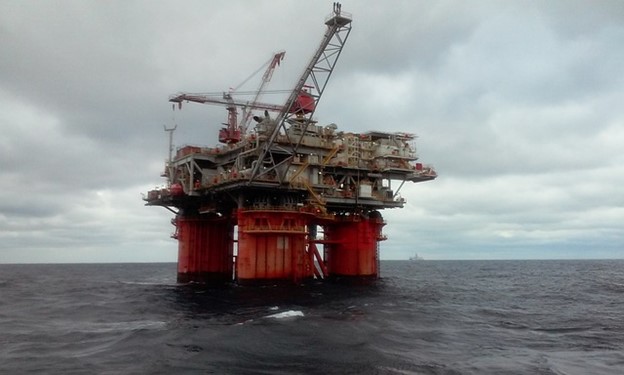Despite the recent statement by the head of the US Federal Reserve, which fueled bearish sentiment, oil prices remain stable. According to a Fed official, the United States economy is expected to have contracted by 32.9% in the second quarter of 2020.
On the other hand, the alarming rise in the coronavirus cases globally are increasing concerns in the market. Currently, Brent crude oil prices are holding within the range of $43-45.
Generally, because of the fuel demand recovery, July oil prices have been much higher than their levels in June. Brent’s July average was $43.44 a barrel. Meanwhile, WTI averaged at $40.76 a barrel.
Current oil prices are not high enough to restore US output
After 18 weeks of constant decline, we have seen the first rebound in the US drilling activity in the previous week. However, several oil drilling rigs declined again.
Oil production in the US remains unchanged at 11.1 million barrels per day. The coronavirus outbreak poses a serious threat to the US oil industry. In the case of a second wave, things may worsen, and prices could continue to hold or drop in the third quarter of 2020. Oil and natural gas rigs in the US collapsed from around 800 at the end of 2019 to a record low of about 180.
OPEC and its allies raised their oil production
The organization of the Petroleum Exporting Countries increased its production by 1 million barrels per day in July. The group and its allies reduced their production cuts and major gulf members ended their added voluntary reductions too.
OPEC’s oil output for July averaged 23.32 million barrels per day. It is over 900,000 barrels more compared to June when the cartel’s production hit its lowest level in twenty years.
Analysts warn that OPEC raising production could be ill-timed since demand may decline anytime soon. It may lead to another supply excess hitting the market.
Even though global oil demand exceeded supply by 2 million barrels a day in June, storage may still be a concern.
Royal Vopak, the world’s leading independent tank storage company, warns that it is running out of available space for storage. In addition, the company predicts that supply may excel demand by 700,000 million BPD in August and 2 million BPD in September.
Oil demand significantly depends on the coronavirus vaccine. Analysts think that the second wave of the pandemic is inevitable. If supply exceeds demand, because of the reduced economic activity worldwide, OPEC and its allies may need to consider further production cuts.
COVID-19 cases rise again in the US and Europe
Several European countries have reported a rise in the coronavirus cases, especially among young people. It sparked fears of a resurgence of the pandemic. Other countries like Israel, Japan, and Australia, appeared to have curbed the initial outbreak. However, they are experiencing cases rise again.
In recent weeks, the US has seen record numbers of new infections. The death toll exceeded 150.000, which is almost a quarter of the reported deaths by the disease globally.















